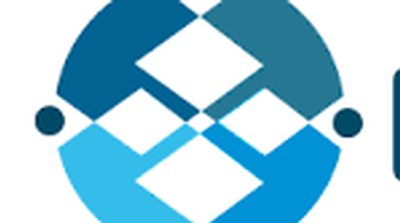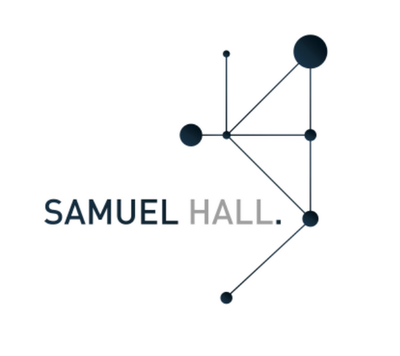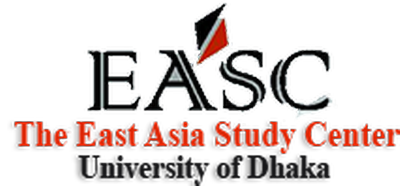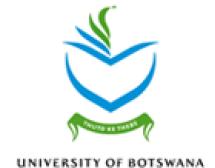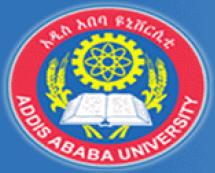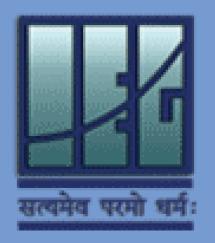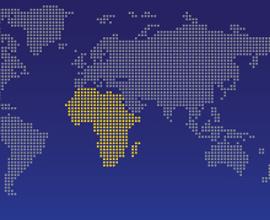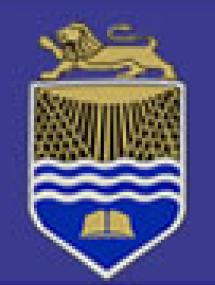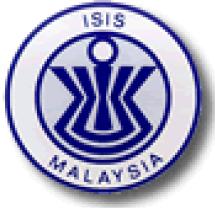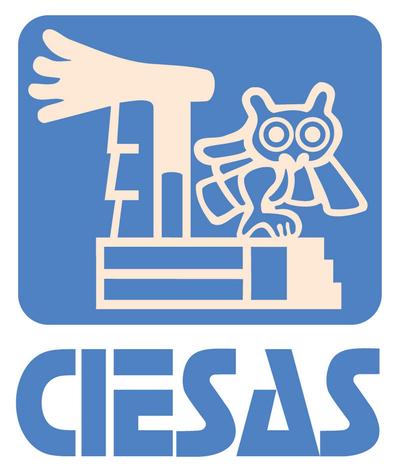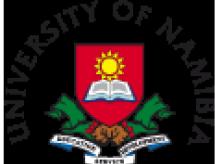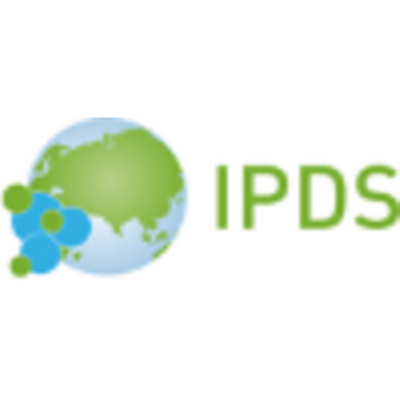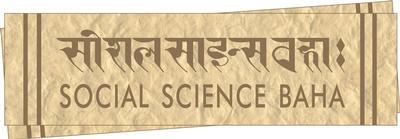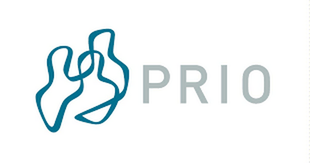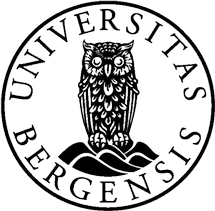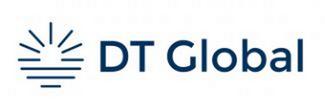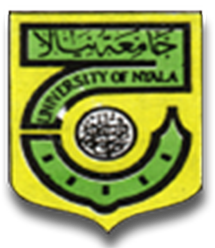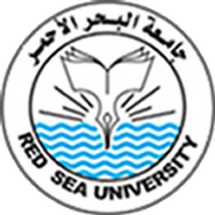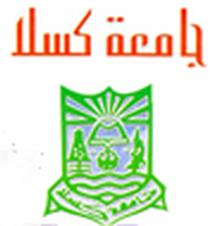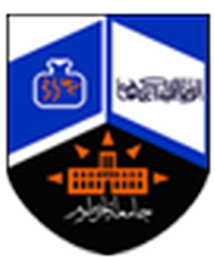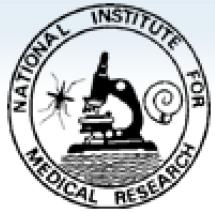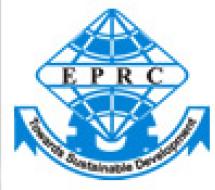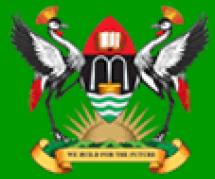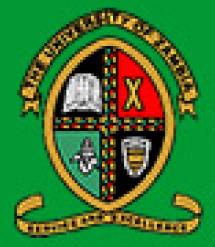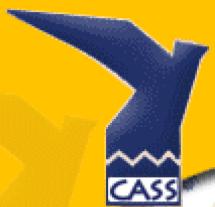Research Partners
CMI grows stronger through partnerships with other researchers and research institutions, locally and internationally.
CMI benefits from an extensive network of cooperating researchers and institutions in the South. We aim to be relevant.
Our partners improve our understanding of development challenges and processes. We aim to inform policy. By working together we can be more effective in communicating research-based knowledge to decision makers.
We have worked closely with some of our research partners for decades. Our cooperation with the University of Khartoum stretches back to the 70's. Others partners are of a more recent date. We keep extending our network through active participation in research consortiums, in national and international debates, and by building on our researchers' networks. Among our partners in the South are universities, research institutes, think tanks, civil society organisations and non-governmental organisations. They all contribute to make sure that we are abreast with recent developments in the countries we work in and the topics we work on.
Associated Researchers
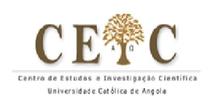
Centro de Estudos e Investigação Científica (CEIC)
Centro de Estudos e Investigacoes Cientifica (CEIC) is a policy think tank located at the Catholic University of Angola in Luanda. Since 2007 the CMI has had a broad cooperation programme with CEIC, presently comprising 16 different projects in economics, anthropology and political science as well as institutional capacity building.
Centro de Investigação Social e Económica (CISE) - Universidade Agostinho Neto
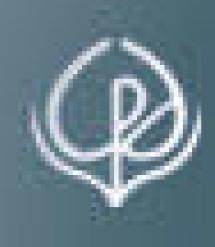
Centre for Policy Dialogue (CPD)
The Centre for Policy Dialogue (CPD, www.cpd.org.bd), established in 1993 by Professor Rehman Sobhan with support from leading civil society institutions in Bangladesh, is mandated by its Deed of Trust to service the growing demand that originates from the emerging civil society of Bangladesh for a more participatory and accountable development process. CPD seeks to address this felt need by way of organising multi-stakeholder consultations, by conducting research on issues of critical national and regional interests, through dissemination of knowledge and information on key developmental issues, and by influencing the policy making process in the country.
In the process, CPD strives to bridge the gap between empirical research and policy advocacy through a sustained effort in public policy analysis. CPD endeavours to create a national environment conducive to open public discussion on important policy issues with a view to ensuring domestic ownership over the policy agenda and also building a broad-based support for such policies. Over the past eleven years CPD has emerged as Bangladesh’s premier think-tank and has established its credibility as one of the very few places in Bangladesh where the government and opposition political parties are agreeable to sit around a dialogue table and conduct an informed discussion with the civil society.
Focus
CPD focuses on frontier issues which are critical to the development process of Bangladesh in the present context, and which are expected to shape and influence the country’s development prospect in the mid-term. CPD’s current programme portfolio includes research activities, holding of dialogues, publication and dissemination as well as networking related initiatives. CPD strives to enhance the national capacity for economy-wide policy analysis, fosters regional co-operation and addresses issues, which concern Bangladesh’s effective integration into the process of globalisation.
Target Groups
CPD’s target groups are diverse and include both policy- makers as well as those for whom policies are designed in the first place. Thus, CPD seeks to involve important cross-sections of the society including public representatives, government officials, business leaders, representatives of grassroots organisations, academics, development partners, and other relevant interest groups. These interest groups are engaged in exchange of views in all the three phases of the CPD process, viz. identification of socially relevant issues, generation of substance for policy analysis and validation of policy approaches.
Dialogue
At the core of CPD’s activities lies its dialogue programme. In order to move away from the prevailing tradition of rhetorical exchanges, CPD designs the dialogue format in such a way as to stimulate a constructive engagement and informed exchange of views. Since the goals of CPD are not merely academic, but operational, the dialogues are so designed as to come up with specific recommendations in terms of both redefining policies and also for ensuring their effective implementation. These recommendations are then placed before current and prospective policy-makers of the country as inputs to the policy making process.
Research
To strengthen the information and analytical base of the dialogue process, the CPD maintains an active research portfolio. CPD’s flagship research activity relates to preparation of an annual Independent Review of Bangladesh’s Development (IRBD), which looks at critical issues of national interest in various sectors of the economy and society with a view to put forward concrete policy suggestions. CPD also carries out policy relevant research on frontier development issues, which include Trade Policy Analysis and Multilateral Trading System, Governance and Policy Reforms, Investment Promotion and Enterprise Development, Agriculture, Ecosystems, Environment and Rural Development, Regional Cooperation and Integration, Poverty and Regional Inequality.
Publication and Dissemination
CPD pursues an extensive programme for disseminating the research and dialogue outputs through regular publications and website posting. CPD’s current publication list contains more than 200 titles including Books, Monographs, Occasional Papers, Dialogue Reports and Policy Briefs. Selected parts from CPD publications are also regularly posted on CPD’s website. Information about ongoing CPD activities is also regularly published in the CPD Quarterly.
Staff Strength
At present CPD has 57 full-time staff working in its three core divisions: Research, Dialogue & Communication and Administration. A number of Interns and Visiting Fellows are also associated with various CPD activities. CPD also draws on the strength of the rich pool of its Senior Fellows and Fellows.
The Bangladesh Institute of Development Studies (BIDS)
The Bangladesh Institute of Development Studies (BIDS) is an autonomous public multi-disciplinary organization which conducts policy oriented research on development issues facing Bangladesh and other developing countries.
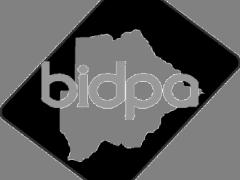
Botswana Institute for Development Policy Analysis (BIDPA)
The Botswana Institute for Development Policy Analysis (BIDPA) is a non-governmental research organisation established by a deed of trust. The two key areas of BIDPA's mandate are development policy analysis and capacity building. Its aim is to promote policy analysis through research, capacity building, assisting organizations or individuals where appropriate, monitoring the country's economic performance and disseminating policy research results.
International Centre for Peace Initiative (ICPI)

Africa Policy Research Institute Limited (APRIL)
Africa Policy Research Institute Limited (APRIL) is incorporated in Kenya. The mission of the organisation is to contribute to the discourse on public policy and management in the context of Africa’s development aspirations through research, consultancy and advocacy services. The opportunities and challenges of attaining the development visions and goals of the nations of Sub-Sahara Africa, as they underpin the collective spirit of the continent’s renaissance and pursuit of prosperity, are the focus of our work. We earnestly seek to make a thought leadership contribution in harnessing the opportunities and overcoming the challenges.
Centre for the Study of Democracy and Development, Mozambique
National Labour Academy (NLA)
NUPI
The Norwegian Institute for International Affairs has for more than 50 years been a leading community for research and communication about international affairs of relevance for Norway.

The Choice Lab, Norwegian Business School (NHH)
The Choice Lab consists of researchers devoted to learning more about how people make economic and moral choices, and how governments, corporations and non-governmental institutions can use insights from this research to improve their decision making.
Research topics
The research in The Choice Lab follows three distinct avenues. First, using economic experiments, the researchers study individual decision making, including how people are motivated by moral, risk, time, and institutional considerations. This research includes laboratory experiments with students, representative populations, criminals, and children, conducted in different parts of the world. The research group has also been involved in large scale internet experiments, field experiments, and surveys. Second, the research group studies implications of their experimental findings for important policy issues, including global income inequality, tax policy, and health care, and for management issues relevant to corporations and non-governmental organizations. Third, the research group studies, through axiomatic analysis, the normative justifications for different theories of justice, and how these theories relate to welfare, inequality and poverty measurement issues.
Research output
The research output of the group has been published in top academic journals, including Science, American Economic Review, Journal of Political Economy, Journal of European Economic Association, Economic Journal, and Journal of Philosophy, as well as in numerous field journals.
Partners
The research in The Choice Lab is mainly funded by research grants from the Research Council of Norway. We collaborate closely with two research centers of excellence at the University of Oslo, the Centre for the Study of Equality, Social Organization, and Performance (ESOP) and The Centre for the Study of Mind in Nature (CSMN), various governmental and non-governmental agencies, and business corporations.
For further information about The Choice Lab please contact thechoicelab@nhh.no.
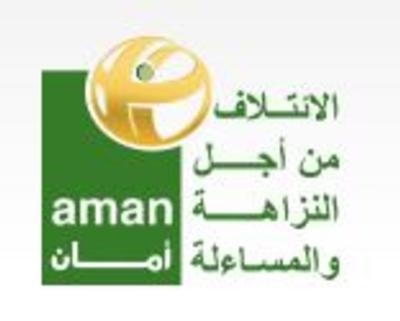
AMAN - he Coalition for Accountability and Integrity, Palestine
The Coalition for Accountability and Integrity (AMAN) was established in the year 2000 upon an initiative by a number of Palestinian civil society organizations working in the fields of democracy, human rights, and good governance as a movement aims to combat corruption and enhance the values of integrity and principles of transparency and systems of accountability in the Palestinian society. Transparency International ( TI) endorsed AMAN Coalition in 2006, where AMAN abides by the guiding principles of TI movement and with promoting its objectives and activities that adhere with the Palestinian context.
To achieve goals, AMAN coalition focuses on engaging people, as the efforts of combating corruption will not succeed without their full involvement in it; especially for the fact that combating corruption aims to achieve luxury and sustainable development to them for which corruption forms one of its impediments. The coalition adopts a comprehensive and sustainable approach bases on partnership and cooperation with all related groups in order to enhance transparency in the Palestinian institutions at its diverse types, and to validate the law and ensure the participation of the public in ruling and in administrating the resources of the Palestinian State.

Birzeit University, Policy Survey Research Centre
PSR is an independent nonprofit institution and think tank, doing policy analysis and academic research. Their work focuses on domestic politics and government, strategic analysis and foreign policy, and public opinion polls and survey research.
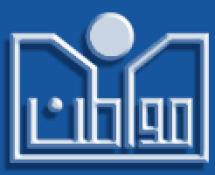
The Palestinian Institute for the Study of Democracy (MUWATIN)
Muwatin, the Palestinian Institute for the Study of Democracy, is a leading research institute, think-tank, and lobbyist on democracy in Palestine. The funding of Phase III of the institutional agreement includes budget support (core funding) for MUWATIN, and funding of individual and joint research projects in a broad field of social sciences. Corruption was the main focus of research in the third phase of the agreement. This research included various theoretical, comparative and methodological aspects of corruption, as well as corruption in the specific Palestinian context of state-building and democratisation. The agreement also included research on political Islam.
Centre for Applied Legal Studies (CALS), University of Witwatersrand
The Centre for Applied Legal Studies (CALS) is a civil society organisation based at the School of Law at the University of the Witwatersrand. CALS is also a law clinic and practices human rights law and social justice work.
Centre for Civil Society, University of Natal
The Centre for Civil Society was established at the University of KwaZulu-Natal in July 2001. The centre's objective is to advance socio-economic and environmental justice by developing critical knowledge about, for and in dialogue with civil society through teaching, research and publishing.

Centre for Policy Studies, Johannesburg
The Centre for Policy Studies (CPS) was originally established in the Business School of the University of the Witwatersrand in 1987. It provides analyses of various policy challenges, facilitates cooperative research processes and builds research partnerships and networks.
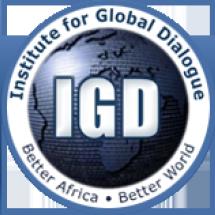
Institute for Global Dialogue, Johannesburg
The Institute for Global Dialogue (IGD) is an independent South African-based foreign policy think tank dedicated to the analysis of, and dialogue on the evolving international political and economic environment and the role of Africa and South Africa.
School of Government (SoG), University of the Western Cape
The School of Government provides professional and academic training for the public sector at national, provincial and local levels, for NGOs, trade unions and other related organisations, and also engages in research, consultancy and policy advice.
University of Juba
The University of Juba is a leading educational centre of excellence that is committed to national economic empowerment and social transformation through provision of quality education, pursuit of relevant research, promotion of innovation, facilitation of technology transfer, revival of national cultural heritage, protection of environment, and service to community.
Social Scientists' Association (SSA)
The Social Scientists’ Association (SSA) is an organization focusing on how social change affects the multiple realities faced by communities in Sri Lanka and South Asia. The SSA promotes knowledge that informs interventions aimed at achieving social emancipation for marginalized communities.
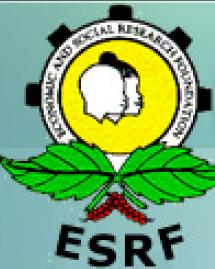
Economic and Social Research Foundation (ESRF)
The Economic and Social Research Foundation was established in 1994 as an independent, non-profit institution for research and policy analysis. Its primary objectives are to strengthen capabilities in policy analysis and development management and to enhance the understanding of policy options in the government, the public sector, civil society, and the donor community and the growing private sector.

Mzumbe University, Dar Es Salaam
Mzumbe University Dar es Salaam Campus College (MDCC) was established in 2005 as an extension Campus of Mzumbe University.
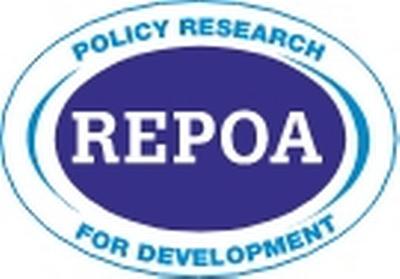
Research on Poverty Alleviation (REPOA)
Description of REPOA and their role in the project.
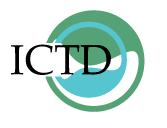
International Centre for Tax and Development (ICTD)
The International Centre for Tax and Development (ICTD) is a global policy research network, devoted to improving the quality of tax policy and administration in developing countries, with a special focus on sub-Saharan Africa.
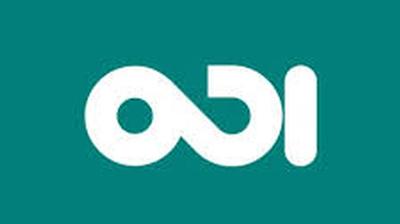
Overseas Development Institute (ODI)
ODI is an independent, global think tank, working for a sustainable and peaceful world in which every person thrives.
Our vision is a sustainable and peaceful world in which every person thrives.
We harness the power of evidence and ideas through research and partnership to confront challenges, develop solutions and create change.
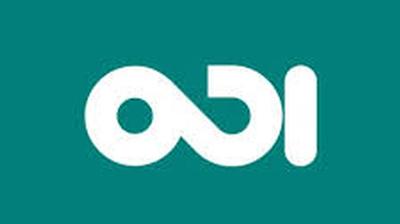
Overseas Development Institute (ODI)
ODI is an independent, global think tank, working for a sustainable and peaceful world in which every person thrives.
Our vision is a sustainable and peaceful world in which every person thrives.
We harness the power of evidence and ideas through research and partnership to confront challenges, develop solutions and create change.
